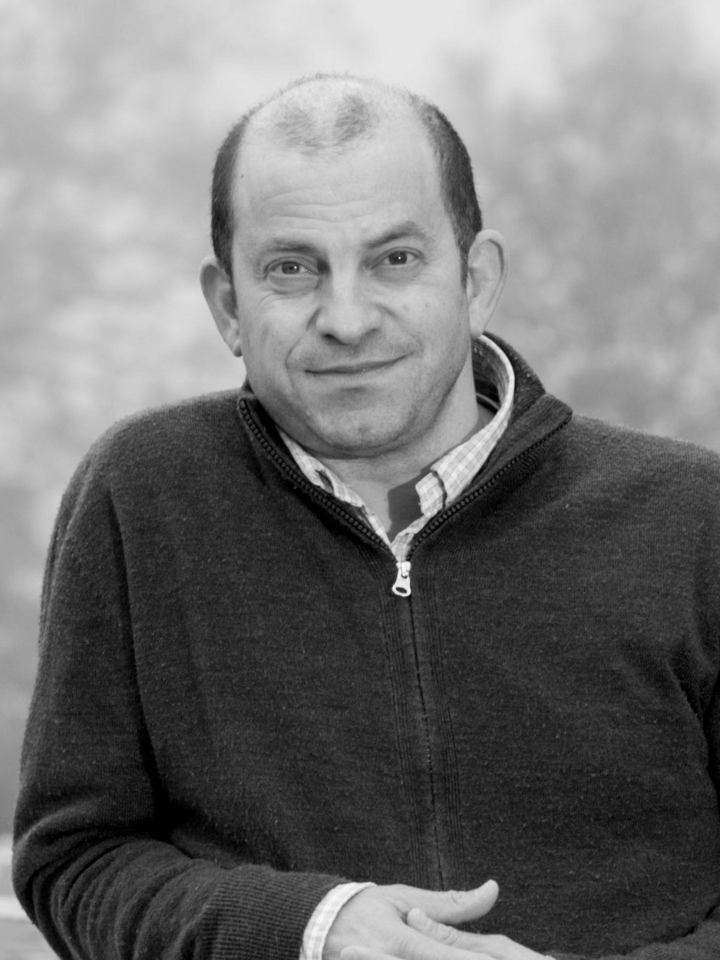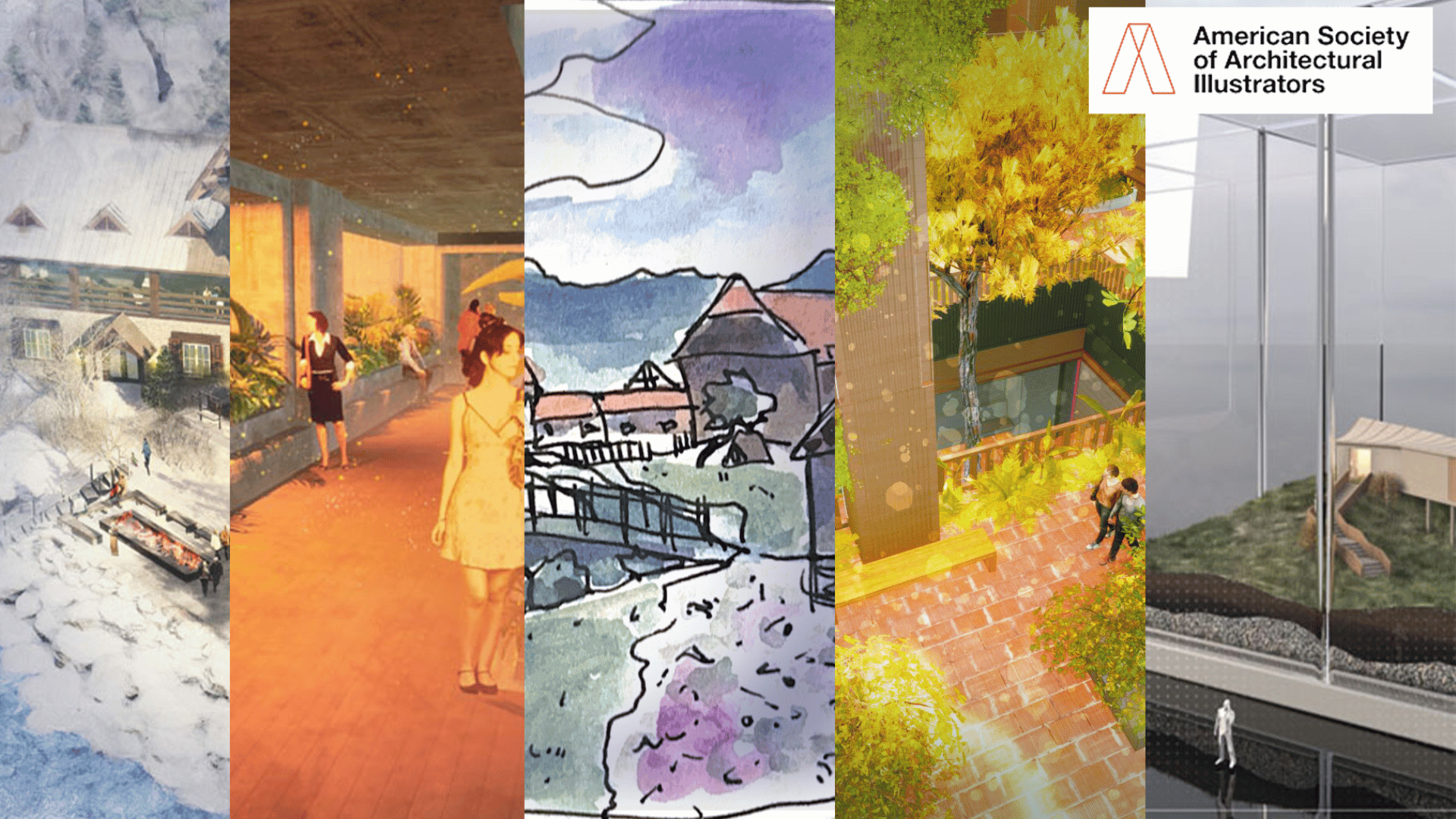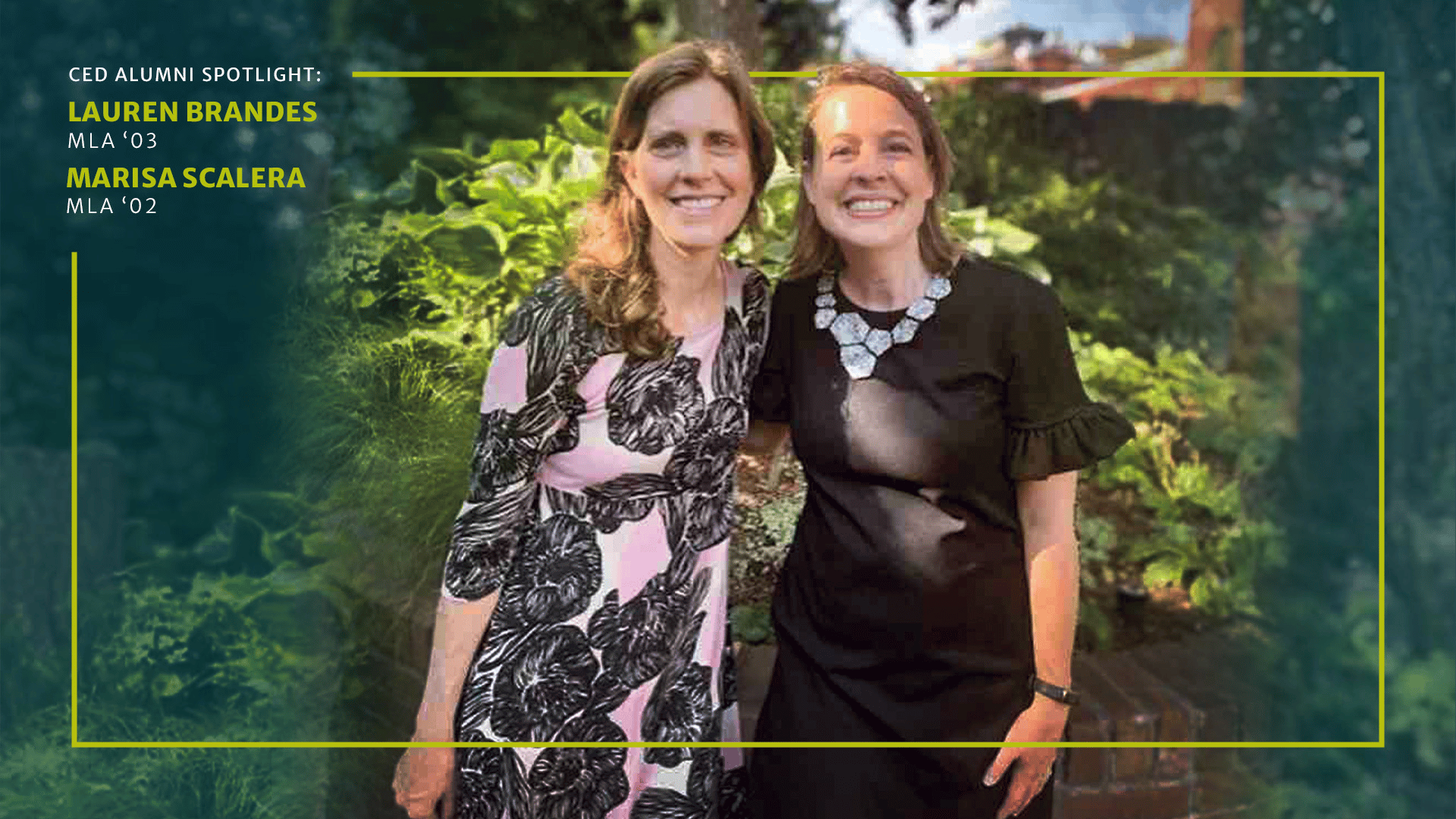Stephen Ramos
Professor

Professor Stephen Ramos is an internationally-recognized scholar in the field of urban planning and design. His research focuses on port cities, energy transition and global production networks, logistics, and planning history.
Ramos’s first book, Dubai Amplified: The Engineering of a Port Geography (Ashgate, 2010) received wide acclaim for its contribution to infrastructure studies and it continues to be an important reference for Gulf urban research. Its second edition was published in 2016 and was voted among the “90 books about cities that everyone should read” by the National Science Foundation-sponsored “The Nature of Cities” webpage.
Ramos was co-editor for the book Infrastructure Sustainability and Design (Routledge, 2012), as part of his participation in the Zoftnass Program for Sustainable Infrastructure at the Harvard Graduate School of Design (GSD). The book brought together top international engineering and planning firms and thinkers to develop evaluative criteria for a sustainability framework for complex technical systems. While at the GSD, Ramos was also co-founded the journal New Geographies.
Upon arrival to the University of Georgia, Ramos’s interest in the port-city relationship continued in his work on the Savannah Harbor Expansion Project (SHEP). With over $100,000 research support from the National Oceanic and Atmospheric Administration (NOAA) Sea Grant, Ramos explored the Savannah River corridor and the competing economic and social claims on the coastal and riparian ecologies.
Ramos participated in the “Global Petroleumscape” research initiative at TU Delft, inspired by the idea that energy transition proposals are only possible if we engage with the full spectrum of oil integration in international material culture. During his teaching residency at TU Delft, he also explored the northern Dutch Eemshaven energy port and traced the biomass wood pellet feedstock in the Netherlands back to South Georgia tree plantations and farms. Ramos also wrote on immigrant detention and logistics in a special themed issue on logistics in the TU Delft architectural journal Footprint.
Professor Ramos is an active member of the international planning history scholarly community, serving as Editor for the Americas of Planning Perspectives, the U.K.-based journal of the International Society of Planning History for which he is also Vice President-Elect.
Ramos also serves as an International Advisory Board Member and active participant in the Port City Futures research consortium among Leiden, TU Delft, and Erasmus Universities in the Netherlands. Ramos is active in the international arts and urbanism collective Port Futures + Social Logistics, which he co-founded with faculty from the UGA Lamar Dodd School of Art in 2020. The collective’s first online exhibition, PFSL 01, was live streamed internationally at art centers in Japan, Taiwan, Germany, and the Netherlands.
Professor Ramos’s current research focuses on the planning history of Howard W. Odum, Southern Regionalism, and U.S. Regional Planning. His forthcoming book, Folk Engineering: Planning Southern Regionalism, will be published with the University of North Carolina Press in 2025.




